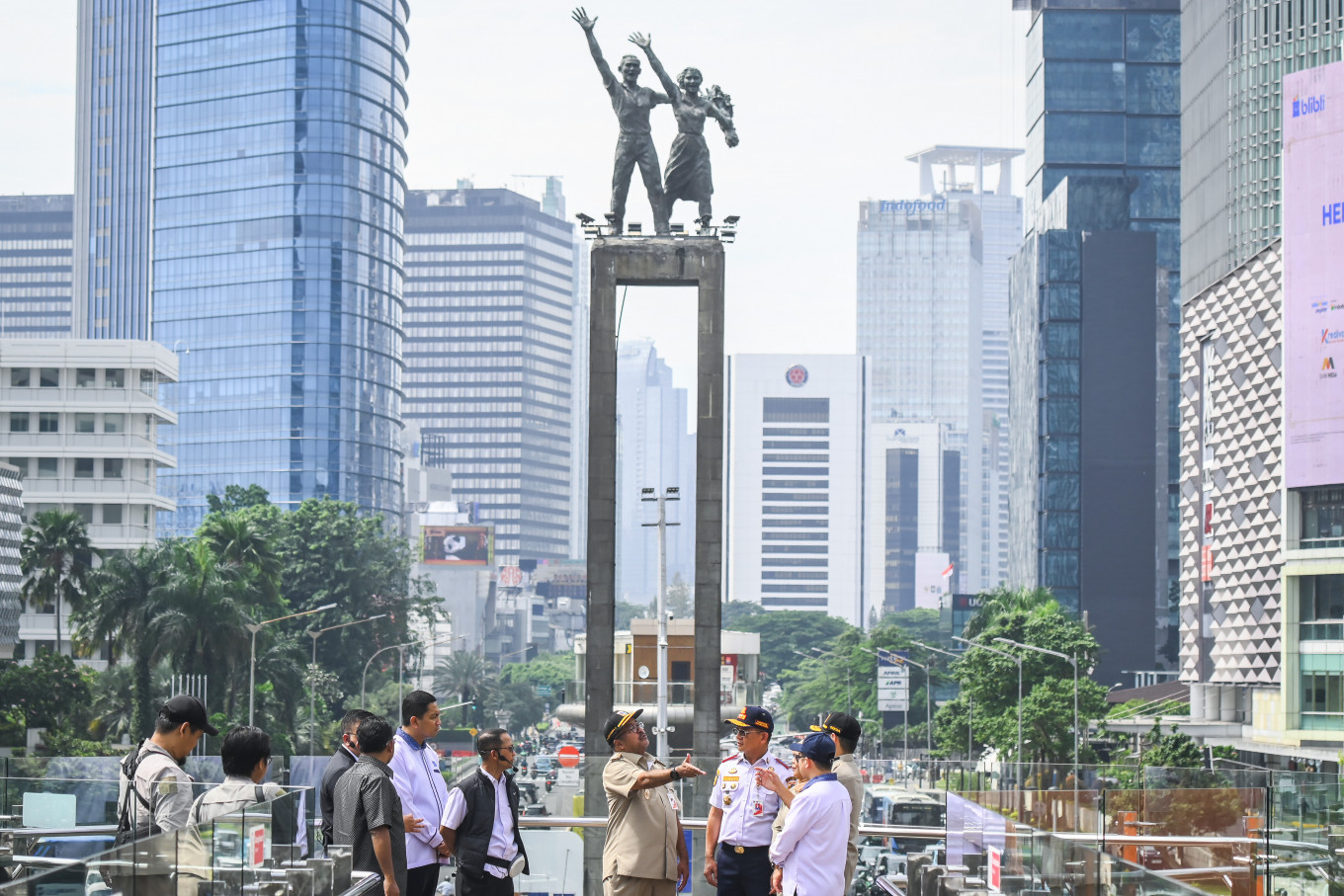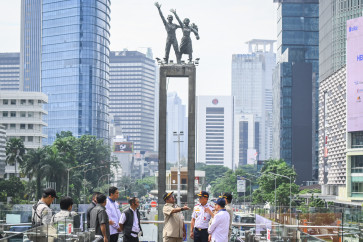Popular Reads
Top Results
Can't find what you're looking for?
View all search resultsPopular Reads
Top Results
Can't find what you're looking for?
View all search resultsThe climate challenge as a development opportunity
Even if policymakers in developing countries see little value in pursuing large emissions reductions at the pace that climate advocates would like, climate-aligned development is still the best path forward.
Change text size
Gift Premium Articles
to Anyone
W
hen climate change is framed as a global problem requiring collective regulation of greenhouse-gas emissions, developing-country governments see little reason to prioritize the issue over others.
After all, the rich, industrialized countries who have contributed disproportionately to the problem are themselves backing away from decarbonization and climate-finance commitments, while low-income countries bear the brunt of the costs of climate change.
Decision-makers in developing countries understandably conclude it may be more rational to hunker down and focus on climate resilience rather than emissions reductions.
But this is not the only way to frame the problem. While climate change undoubtedly poses a global collective-action problem, in practice climate outcomes are shaped by myriad decisions concerning development objectives such as industrial development, urbanization, job creation and local pollution management.
Because late developers often have not entirely locked into energy systems, transport infrastructure, urbanization plans and energy consumption patterns, they have greater flexibility to steer investment and consumption choices toward lower-carbon and climate-resilient options.
In other words, the climate challenge can be framed as a choice among alternative development pathways. In many cases, development choices are also climate choices, and in a world where being a low-carbon economy confers a competitive edge, the absence of structural lock-in could be turned into an advantage.
Pursuing a climate-as-development approach is not easy or foolproof: It requires considerable state capacity, strategy-setting capabilities and full mobilization of the necessary technologies and finance. Importantly, it does not negate concerns about climate equity.



















